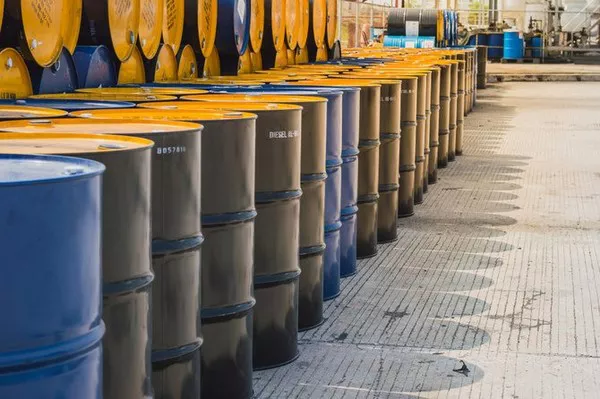The energy sector plays a pivotal role in the global economy, with oil being one of the most crucial commodities. Oil futures are derivative contracts that allow market participants to speculate on the future price of crude oil. These contracts have gained significant importance due to their impact on various industries and financial markets. In this article, we will delve into the fundamentals of oil futures, examine how they function, and explore their significance in the energy market.
I. The Concept of Oil Futures:
Oil futures represent agreements to buy or sell a specified quantity of crude oil at a predetermined price on a future date. They are standardized contracts traded on regulated exchanges, such as the New York Mercantile Exchange (NYMEX) and the Intercontinental Exchange (ICE). The contractual details include the oil quality, quantity, delivery location, and expiration date.
II. Functioning of Oil Futures Markets:
Price Discovery Mechanism:
The primary purpose of oil futures markets is price discovery. Traders and investors analyze various factors like supply and demand dynamics, geopolitical events, and economic indicators to anticipate future oil prices. By actively participating in the futures market, these stakeholders provide liquidity and contribute to price formation.
Speculation and Hedging:
Speculators aim to profit from short-term price fluctuations by taking positions in oil futures contracts. On the other hand, hedgers, including oil producers, refiners, and consumers, use futures contracts to mitigate price risks. For instance, an airline company may enter into a futures contract to secure fuel prices for an upcoming period, shielding itself from adverse price movements.
Physical Delivery vs. Cash Settlement:
While some futures contracts result in physical delivery of oil, the majority are settled in cash. Cash settlement allows traders to profit or incur losses based on the difference between the contract price and the prevailing market price at expiration, without handling the physical product.
III. Factors Influencing Oil Futures Prices:
Supply and Demand Dynamics:
Shifts in global oil supply and demand have a significant impact on futures prices. Factors like OPEC+ production decisions, geopolitical tensions, and economic growth rates influence the balance between supply and demand, thereby affecting oil prices.
Macroeconomic Indicators:
Economic indicators like gross domestic product (GDP), inflation rates, and employment data provide insights into overall economic health. Changes in these indicators can impact oil futures prices as they indicate the potential demand for energy.
Geopolitical Events:
Political instability, conflicts, and sanctions in major oil-producing regions can disrupt supply and lead to price volatility. Investors closely monitor geopolitical developments to anticipate potential price fluctuations.
IV. Significance of Oil Futures in the Energy Market:
Price Risk Management:
Oil futures contracts enable participants to manage price risks associated with crude oil. Producers and consumers can lock in future prices using these contracts, safeguarding their profit margins and budgets against adverse market movements.
Investments and Portfolio Diversification:
Many investors include oil futures as part of their investment portfolios to diversify risk. These contracts offer exposure to the energy sector and allow investors to capitalize on potential price movements.
Impact on Related Industries:
Oil futures prices have a cascading effect on various industries dependent on petroleum products. Fluctuations in oil prices can impact transportation costs, manufacturing expenses, and ultimately influence consumer prices for goods and services.
Conclusion:
Oil futures play a crucial role in the global energy market, providing price discovery mechanisms and risk management tools for market participants. By facilitating speculation and hedging activities, these contracts contribute to efficient resource allocation and aid in maintaining stability in the energy sector. Understanding the dynamics of oil futures is vital for professionals, investors, and policymakers seeking insights into the future of crude oil prices and their impact on the global economy.


